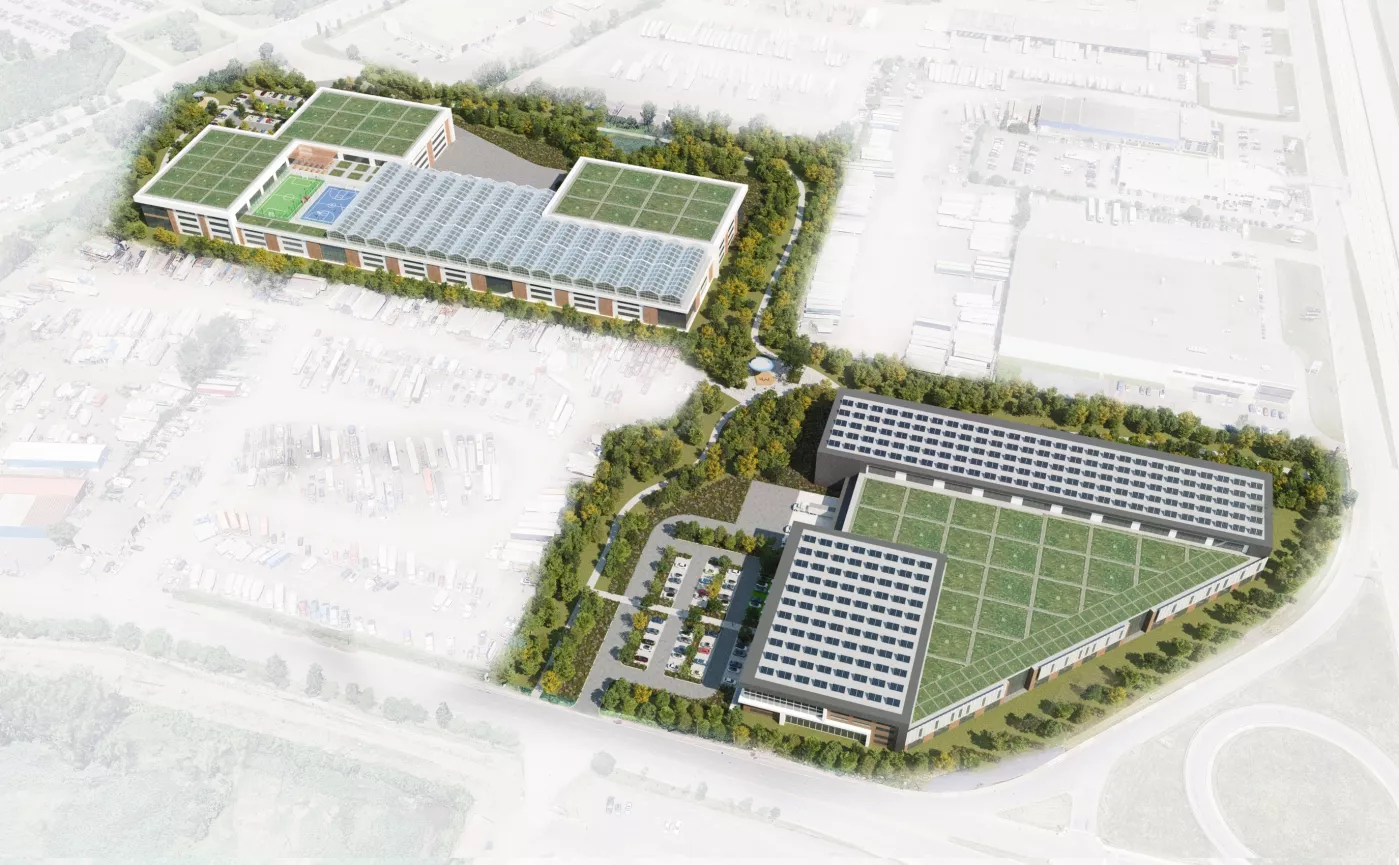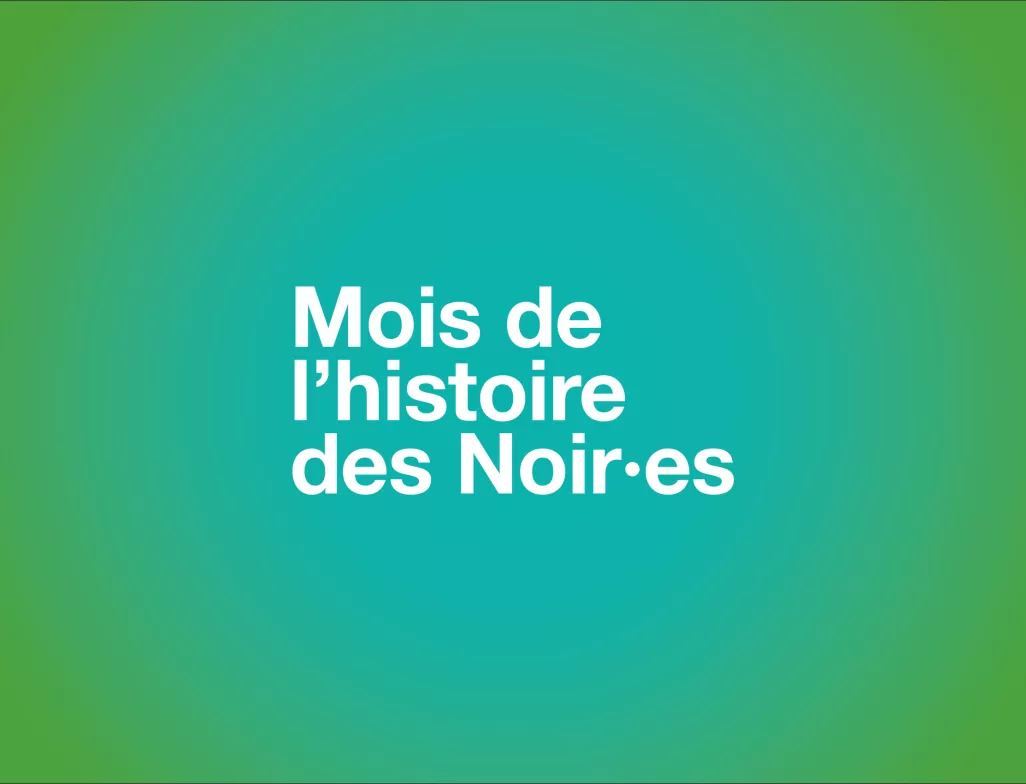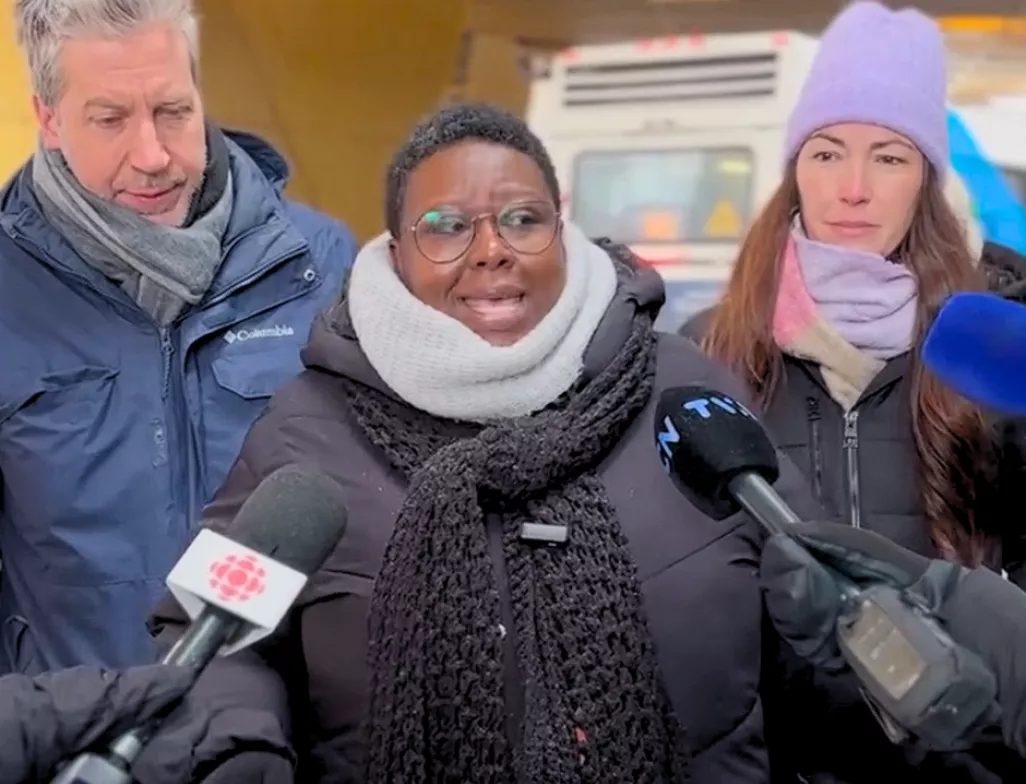The City of Montreal is delighted with the second Sommet de l'Est, at which it reaffirmed its commitment to accelerating the development of Montreal's East End, the largest and most ambitious territorial transformation ever achieved in Quebec. The summit provided an opportunity to take stock of the progress made, and to reiterate our vision for the future of this strategic part of the metropolis.
Significant progress towards a sustainable future
Since the signing of the Joint Declaration between the Government of Quebec and the City of Montreal for the revitalization of the East End in December 2018, numerous decisions have been made and concrete actions have been taken to enhance the population's quality of life.
Notable achievements or advances include:
- rehabilitation program for eastern lands;
- development of a development vision and master plan for the Secteur industriel de la Pointe-de-l'Île (SIPI);
- grand parc de l'Est project;
- extension of the metro's blue line;
- deployment of the Pie-IX SRB mobility project;
- upcoming opening of the Centre de traitement des matières organiques;
- ozone disinfection plant;
- sludge reclamation and treatment plant;
- botanical garden infrastructure refurbishment, Biodôme migration and Insectarium metamorphosis.
These achievements were made possible thanks to the contribution of the community's driving forces - the various levels of government, the close collaboration of partners and the support of the local population. The collaboration and synergy created between economic, social and community players are helping to foster the emergence of innovative, structuring projects that meet the specific needs of this region. Today's announcements at the Sommet de l'Est are a perfect illustration of this promising collaborative dynamic.
Land ready for transformative projects in the East
A historic first for the development of Montreal's East End: the City of Montreal is today launching a call for proposals for exemplary, green and innovative industrial projects on the first decontaminated municipal land in Montreal's East End. This initiative marks an important step in the revitalization strategy for this sector, and aims to attract exemplary industrial projects that will serve as catalysts for future development in the East End.
The city is launching a call for proposals to select the best projects for these strategic sites. Located in the heart of the Secteur industriel de la Pointe-de-l'Île (SIPI), lots 12 and 13 represent a $14 million investment in decontamination. As owner, the Ville de Montréal will give preference to projects that stand out for their environmental excellence, their contribution to sustainable development, their limited impact in terms of nuisance and their positive contribution to the community. The selection criteria will give preference to companies demonstrating strong economic performance, offering distinctive architecture, adopting exemplary environmental practices, and potentially integrating clean technologies, research and development activities or urban agriculture initiatives.
A development model based on the circular economy
Montreal's east end is a strategic lever for accelerating the city's ecological transition. The City of Montreal is also announcing a series of major initiatives to propel development in the east end of the city through the circular economy, aimed at transforming this region through sustainable and innovative practices.
Among the initiatives unveiled:
- Increased financial support for Synergie Montréal: $900,000 for the period 2025-2027. This essential initiative supports companies in adopting circular economy strategies, optimizing the use of their resources and redefining their business models.
- Financial support of $600,000 over the next three years for the Circular Space Innovation Campus (CIPME) project. This project aims to accelerate the circular economy in Montreal by capitalizing on the East End's strategic assets, notably its high concentration of innovative SMEs and the new 40NetZéro carbon-neutral Campus.
- Financing of an in-depth study on the circularity of wood, exploring the possibilities for optimal valorization of recovered wood in the agglomeration. This study aims to stimulate economic growth and industrial transformation in the East End of Montreal.
These initiatives demonstrate the Ville de Montréal's commitment to promoting sustainable development and strengthening the circular economy in the east end of the city. They are part of the Montreal Circular Economy Roadmap, which aims to increase the circularity index from 3% to 6% by 2030, and to 17% by 2050. By working hand in hand with its partners, Montreal is positioning itself as a leader in the development of a green, resilient and prosperous economy.
Major investment at the Botanical Garden
As the 100th anniversary of the Botanical Garden approaches, the City of Montreal is announcing an investment of $430 million over 15 years for a major overhaul of its infrastructure. This includes $150 million for the construction of new exhibition greenhouses. Founded in 1931, the Botanical Garden is a popular destination for Montrealers and a renowned tourist attraction. This refurbishment plan aims to preserve its heritage infrastructure, reduce GHG emissions and maintain its international reputation.
A promising future for the east end of Montreal
The city has an ambitious vision for the East End of Montreal, combining ecological transition, economic growth and quality of life. By working together, the Ville de Montréal and its partners will continue to transform the East End of Montreal into a hub of innovation and sustainable development, while improving the quality of life of the population.
Quotes
“Since signing the Declaration to Revitalize the East in 2018, we've turned our vision into reality, project after project. Today, the economic, social and ecological transition of the East is underway, inspiring other cities to follow our example. With over 200 projects underway and investments of more than $3.2 billion between now and 2030, we're building a forward-looking development model for the East that will benefit the economy of the entire metropolis and Quebec,” said Valérie Plante, Mayor of Montreal.
“Under the City's leadership, we have launched a new economic cycle in Montreal's East End, transforming this area into a pole of excellence for the circular economy and innovation. Thanks to the collaboration of our partners and the support of the population, we have created winning conditions for dynamic, sustainable and prosperous development. Together, we are pursuing an ambitious vision of development focused on equity, inclusion and quality of life for the population. Let's continue working to make the east end of Montreal a model of industrial revitalization and ecological transition, where every project contributes to a better future for Montrealers,” added Luc Rabouin, responsible for economic development and higher education on the executive committee.
“The East End of Montreal is undergoing a major metamorphosis, because we have launched bold initiatives that are redefining this strategic territory. We are committed to transforming the East End of Montreal by promoting quality of life and sustainable economic development. The sale by the city of two decontaminated lots in the industrial sector of Pointe-de-l'Île is a concrete example of this, with the development of an economic hub. The future of the East End is well underway, and every project we announce contributes to creating a greener, more inclusive and more prosperous metropolis for the benefit of future generations,” said Caroline Bourgeois, Executive Committee Vice-President, responsible for sports and recreation, Espace pour la vie, Parc Jean-Drapeau, the French language and the East End of Montreal.
SOURCE City of Montreal - Office of the Mayor and Executive Committee



